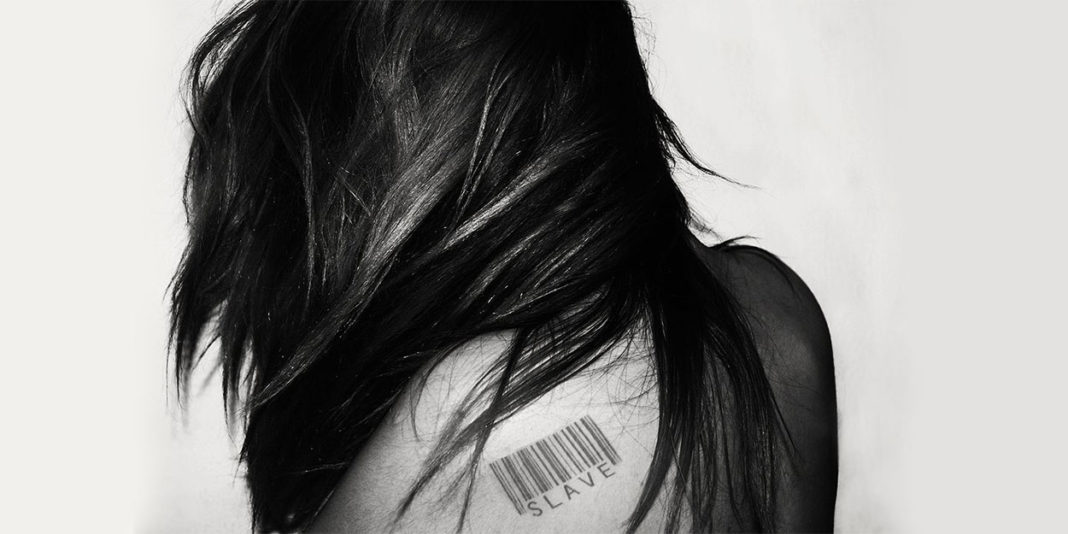The 30th of July was designated as the United Nations ‘World day against trafficking of persons’ – deemed necessary in order to “raise awareness of the situation of victims of human trafficking and for the promotion and protection of their rights.”
Nadia Murad Basee Taha was kidnapped at the age of 19 by Islamic State. She joined thousands of other Yazidi families and children who were “exchanged as gifts” and taken “as war booty, as merchandise to be exchanged…” She recalls how absolutely petrified she was when one of the men approached her wanting to take her. She was later beaten, burned with cigarettes and raped before she was able to escape.
According to the U.N., human trafficking “is a serious crime and a grave violation of human rights”. Each year, thousands of people, predominantly women and children become victims of traffickers, either in their home countries, or abroad. Most countries in the world are affected in one way or another, “whether as a country of origin, transit or destination for victims.”
One of the reason’s it’s such a huge industry is because it is extremely lucrative. The International Labour Organisation estimates that human trafficking activities generate in the region of USD 150 billion a year in revenues. Tiffany Atkinson, president of the anti-trafficking organization Freedom’s Promise, told The Gospel Herald that trafficking brings in more money than the drug industry. She also said that although estimates have been made as to how many people are affected globally each year, it is impossible to know how many are really affected: “Statistics are very underreported… It’s very difficult to track humans and the real scope of this issue.”
During his traditional Sunday prayer on the 30th of July, Pope Francis once again called for increased efforts to end human trafficking, calling it ugly, cruel and criminal.
Nestled comfily into my couch with my laptop perched on my lap and a cup of hot chocolate within arms reach, it’s difficult to fathom figures in the billions, and people that could be so desperate they would be willing, in this day and age, to send their own children away with complete strangers who in return promise money, education and the like…
We can pray, of course. We must pray. But an encouraging article published last year in Christianity Today, Gary Haugen, CEO of International Justice Mission (IJM) explains how local churches need “to join the fight”. IJM’s vision is big… Their aim is to engage the whole church by equipping people to bring the message of justice to their own communities. Laws are not being enforced and it’s the church’s job to “wake people up”. He is not daunted by the figures which he admits are greater than they have ever been. Rather he sees “a historic opportunity” for local churches to join the struggle and bring an end to human trafficking. Sound like an impossibility? Gary says it so well: “We will always end up feeling overwhelmed by the size and scope of the problem, but the answer from Jesus has always been the Body of Christ.”
Louise Carter










